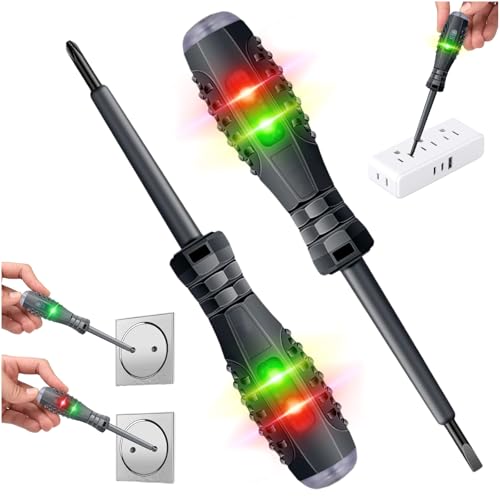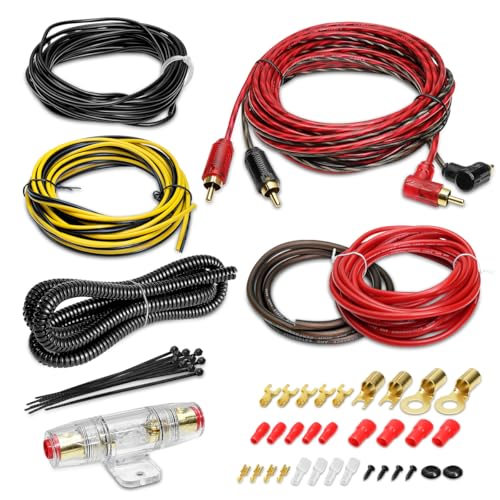Southcoast2015
Well-known member
Yeah gas is done because it enters house near electricity.
But you've got the rest spot on....
I know it really should be bonded but as I've already said the only piece that can be considered extraneous is about a 6ft length that is boxed in, the rest of the pipe installation is broken up in various places with plastic fittings - unless someone was using something faulty on an extension lead, crawling around on the floor with their hand reached up inside the boxing in (not sure you'd actually be able to fit a hand in there) then the chances of a person coming into contact with something live and a potential difference due to that pipe is almost certainly never going to happen!
But you've got the rest spot on....
I know it really should be bonded but as I've already said the only piece that can be considered extraneous is about a 6ft length that is boxed in, the rest of the pipe installation is broken up in various places with plastic fittings - unless someone was using something faulty on an extension lead, crawling around on the floor with their hand reached up inside the boxing in (not sure you'd actually be able to fit a hand in there) then the chances of a person coming into contact with something live and a potential difference due to that pipe is almost certainly never going to happen!
































































